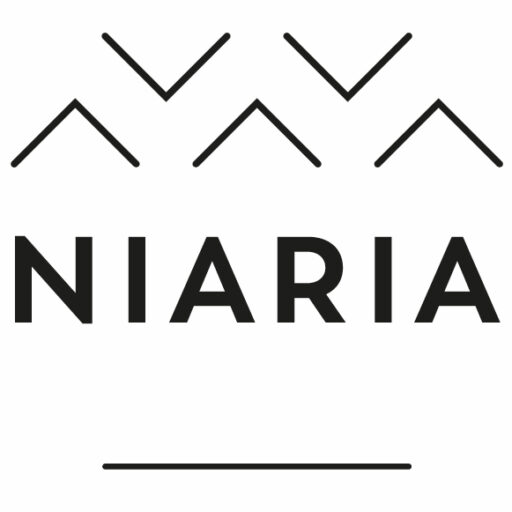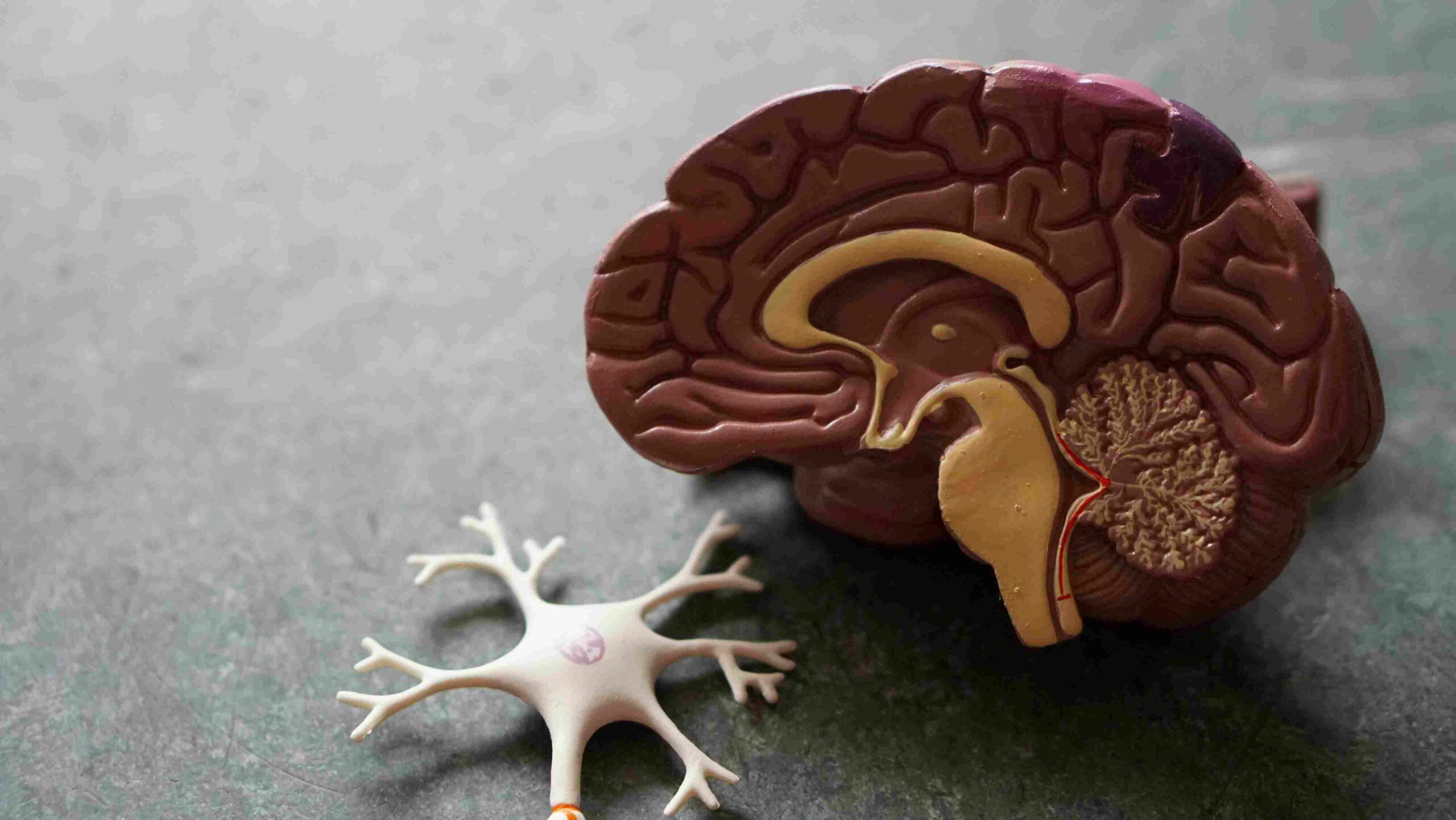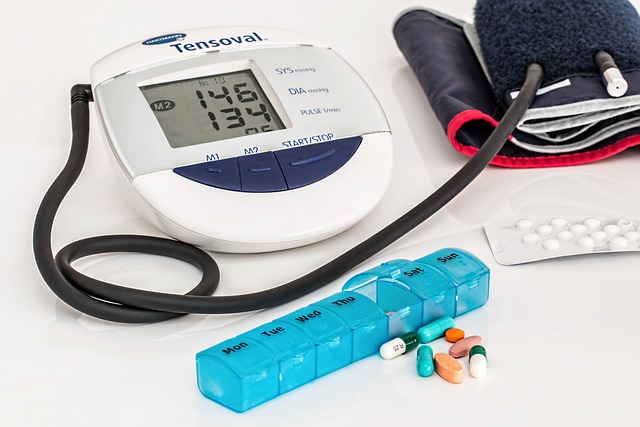
In today’s fast-paced world, maintaining a balance between work life and healthy eating has become more crucial than ever. While striving to meet professional goals and manage personal responsibilities, we often overlook our eating habits. What we eat directly affects our energy levels, mental clarity, mood, and overall health. Therefore, healthy eating is not just about physical health; it is one of the cornerstones of a balanced and productive life. This article will explore in detail how you can maintain a balanced life despite a busy work schedule by focusing on plant-based foods, whole grains, and fresh produce while avoiding processed foods.
Understanding a Balanced Diet
A balanced diet is more than just a mix of carbohydrates, proteins, and fats. It means nourishing our bodies with essential nutrients such as vitamins, minerals, antioxidants, and dietary fiber. These nutrients support various body functions, from energy production to immune system support, and play a vital role in mental health and cognitive functions.
The Role of Whole Grains
Whole grains like brown rice, quinoa, oats, and barley are fundamental components of a balanced diet. Unlike refined grains, whole grains provide more fiber, vitamins, and minerals by preserving the bran, germ, and endosperm. Fiber is crucial for digestive health; it regulates bowel movements and promotes a healthier microbiome by feeding beneficial bacteria in the gut. The slow digestion of whole grains provides a steady release of energy, which helps maintain focus and productivity throughout the day.
The Power of Legumes
Legumes such as beans, lentils, chickpeas, and peas are nutrient-dense foods. They are rich in protein, complex carbohydrates, and dietary fiber, making them excellent alternatives to animal proteins. The high fiber content in legumes not only supports digestion but also helps regulate blood sugar levels, lower cholesterol, and promote heart health. Additionally, legumes are packed with essential vitamins and minerals like iron, magnesium, and folate, which are vital for energy production and overall cell function.
Nuts and Seeds: Small but Mighty
Nuts and seeds may be small, but they offer significant nutritional value. Almonds, walnuts, flaxseeds, chia seeds, and sunflower seeds are rich in healthy fats, protein, and various micronutrients. These foods are particularly abundant in omega-3 fatty acids, which support brain health, reduce inflammation, and improve cardiovascular health. Regular consumption of nuts and seeds is associated with better mental clarity and reduced stress, making them ideal snacks for those working long hours.
The Abundance of Fruits and Vegetables
A colorful diet consisting of various fruits and vegetables should be the cornerstone of any diet. These foods are rich in vitamins, minerals, and antioxidants that protect the body against oxidative stress, reduce inflammation, and support immune function. Green leafy vegetables like spinach and kale are rich in iron and calcium, while fruits provide antioxidants like vitamin C and polyphenols that are beneficial for skin health and reducing chronic disease risk. Cruciferous vegetables like broccoli and cauliflower contain compounds that support the body’s detoxification processes, which is essential for overall health.
Plant-Based Proteins for a Balanced Diet
While animal-based proteins are common in many diets, numerous plant-based protein sources offer excellent nutritional value. Foods like tofu, tempeh, and various legumes are rich in protein, low in saturated fat, and high in fiber, making them ideal for a healthy diet. These plant-based proteins can be used in a variety of dishes, from Buddha bowls to salads, providing versatility and nutritional density to meals.
The Connection Between Diet and Mental Performance
The foods we consume have a profound impact on our cognitive functions, energy levels, and overall work performance. Diets high in processed foods and sugars can lead to energy crashes, poor concentration, and mood swings, which can negatively affect productivity and job satisfaction. In contrast, a diet rich in whole, nutrient-dense foods supports sustained energy, mental clarity, and emotional stability, all of which are essential for high performance in a demanding work environment.
Foods That Support Cognitive Health
Leafy greens
Spinach, kale, and chard are rich in folate and vitamin K, which are crucial for brain function and mental clarity. These greens also provide antioxidants that protect the brain from oxidative stress, which can contribute to cognitive decline.
Fruits
Blueberries, strawberries, and raspberries are known for their high antioxidant content. These fruits help reduce inflammation and protect brain cells from damage, potentially improving memory and cognitive function over time.
Whole grains
Foods like quinoa and brown rice provide a slow and steady release of glucose, which is the brain’s primary energy source. This steady supply helps maintain focus and prevents mental fatigue that can occur after consuming refined carbohydrates.
Nuts and seeds
Flaxseeds and walnuts are rich in omega-3 fatty acids, which are necessary for maintaining healthy brain function. Omega-3s are crucial for building brain cell membranes and protecting against cognitive decline.
Avocados
Avocados are not only delicious but also rich in healthy monounsaturated fats that support brain function. They also contain antioxidants like vitamins E and C, which help protect brain cells from damage.
Healthy Eating Strategies in a Busy Work Environment

Balancing healthy eating with work responsibilities can be challenging, especially when time is limited. A busy work schedule and high-stress levels are major obstacles to maintaining healthy eating habits. However, with the right planning and mindful approaches, maintaining a nutritious diet is possible even with a busy schedule. Developing good dietary habits can help overcome these challenges and support both physical and mental health in the long run. Here are some strategies to consider:
Meal Planning and Preparation
Preparing healthy meals can be difficult during a busy workday. However, creating weekly meal plans and preparing food in advance can simplify this process. By preparing fresh fruits, vegetables, whole grains, and protein sources for the week, you can quickly organize your meals and reduce reliance on unhealthy snacks. This approach helps minimize unhealthy choices and provides the energy needed throughout your workday. Meal planning is a powerful tool for ensuring that healthy meals are available throughout the week. By setting aside time on the weekends to plan and prepare meals, you can avoid the temptation of unhealthy options when time is tight. Cooking in bulk, such as making soups, stews, and casseroles, or preparing salads and Buddha bowls in advance can save time and provide easy, nutritious options when needed. You will find more useful tips on meal planning in this article.
Mindful Eating Practices
Mindful eating involves paying attention to the sensory experience of eating—savoring each bite, recognizing the flavors, and being aware of the body’s hunger and fullness cues. In a hectic work environment, eating quickly or snacking at your desk can lead to overeating and digestive issues. By slowing down and practicing mindful eating, you can enjoy your meals more, improve digestion, and reduce the likelihood of overeating. Stay tuned for our next “Mindful Eating” challenge!
The Importance of Hydration
Hydration is essential for all body functions and supports energy levels, skin health, and overall well-being. Dehydration can lead to fatigue, headaches, and difficulty concentrating, which can impact work performance. Keep a water bottle at your desk and make a habit of drinking regularly to stay hydrated and maintain optimal performance.
Healthy Snack Options
Healthy snacks can help maintain energy levels between meals and reduce the risk of overeating. However, many convenient snacks are processed and low in nutritional value. Instead, choose homemade snacks or options made from whole, unprocessed foods.
Energizing Snack Ideas

Fresh fruit and nuts
An apple or a handful of berries paired with almonds or walnuts provides a great energy boost. Fruits offer natural sugars for instant energy, while nuts provide protein and healthy fats.
Veggie sticks with hummus
Carrot, cucumber, or bell pepper sticks dipped in hummus make for a fiber-rich and satisfying snack. Hummus, made from chickpeas, is a protein-rich dip.
Meal Timing and Focus
The timing and composition of your meals can significantly affect concentration and cognitive performance. Here are some strategies to optimize attention and energy levels throughout a long workday:
The Power of Breakfast
Breakfast is often considered the most important meal of the day. A healthy breakfast is crucial for maintaining energy levels and enhancing cognitive performance throughout the day. A bowl of oatmeal with banana slices and almonds makes for a great start. Oatmeal provides complex carbohydrates for steady energy release, bananas offer potassium for nerve function, and almonds add healthy fats and protein for a balanced meal.
Lunch: Finding Balance
Lunch is critical for refueling the body and preventing afternoon energy slumps. Opt for a legume-based salad rich in protein and fiber. Beans, lentils, and chickpeas provide lasting satiety and energy. Add a light dressing made from olive oil and lemon juice for extra flavor and nutrition.
Dinner: Light and Nourishing
Dinner should be both satisfying and light. Grilled vegetables served over a whole grain base with a plant-based or animal protein make for an ideal evening meal. Leafy greens and cruciferous vegetables support digestion and body repair during the night. For recipe inspiration, browse through our recipe blog.
Sleep-Promoting Foods
A healthy sleep routine is essential for overall health and work performance. Some foods are particularly beneficial for improving sleep quality. Magnesium-rich foods like green leafy vegetables, nuts, and seeds can help relax muscles and promote a sense of calm. Complex carbohydrates from whole grains and sweet potatoes can boost serotonin production, a neurotransmitter that regulates sleep. Herbal teas like chamomile or valerian root can also be soothing and help prepare the body for sleep.
Overcoming Common Barriers to Healthy Eating
Despite our best intentions, barriers often arise that make healthy eating challenging, particularly in a busy work environment. Understanding these barriers and finding ways to overcome them is crucial for maintaining a balanced diet.
Time Constraints

One of the most common barriers to healthy eating is a lack of time. Juggling work, family, and other responsibilities can make it difficult to find time to prepare nutritious meals. However, prioritizing meal planning and preparation can save time and ensure that healthy options are always available.
Stress and Emotional Eating
Stress can also be a significant barrier to healthy eating. Stressful situations often lead to unhealthy food choices. When stressed, it’s common to reach for comfort foods high in sugar and unhealthy fats. These foods may provide temporary relief but can lead to energy crashes and increased stress in the long run. However, using alternative methods to manage stress can help prevent this. Implementing stress management techniques such as deep breathing, mindfulness, and physical activity can help reduce stress and prevent emotional eating. In addition to exercise, meditation, and deep breathing exercises, consuming healthy snacks can also help balance stress levels. These practices support both mental and physical health, enhancing work performance. You will find more details about the effect of stress in your body in this article.
Social Pressures
Social situations can also make healthy eating difficult. When faced with unhealthy snacks at work meetings or tempting foods at social gatherings, sticking to healthy eating habits can be challenging. In these situations, planning ahead and making mindful choices is key. Instead of succumbing to unhealthy options provided by colleagues or at meetings, bring your own healthy snacks and maintain control over your choices. Opt for healthy alternatives and practice portion control to enjoy satisfying and nutritious options.
The Role of Support Systems
A support system can make it easier to maintain healthy eating habits. This might include family members, friends, or colleagues who are invested in your health and can offer encouragement and accountability. Joining a health group or participating in healthy eating challenges can also provide motivation and support in achieving your goals.
These strategies make it easier to maintain healthy eating habits both at work and in daily life. By developing these habits, you can achieve a better balance between work and personal life.
Conclusion: The Path to a Balanced Life
Achieving a balanced life requires a holistic approach that encompasses healthy eating, regular physical activity, sufficient sleep, and effective stress management. By focusing on nutrient-dense, plant-based foods, staying hydrated, and adopting mindful eating habits, you can maintain energy levels, enhance cognitive function, and improve work performance. Additionally, making time for physical activity, prioritizing sleep, and overcoming common barriers to healthy eating will support you on the path to a balanced and fulfilling life.
Remember, balance is not about perfection—it’s about making consistent, mindful choices that support your overall well-being. By doing so, you can better manage the demands of work and personal life, increase productivity, and enjoy a healthier, more satisfying life.
Ready to Transform Your Work-Life Balance?
Embracing a healthier lifestyle doesn’t have to be overwhelming. Start incorporating nutritious, plant-based foods into your daily routine today and experience the benefits of a balanced diet firsthand. Whether it’s meal planning, mindful eating, or simply staying hydrated, every small step counts towards achieving a more balanced life.
Join the conversation and share your healthy eating tips and experiences with us! Follow our page for more insights, recipes, and strategies to enhance your well-being and productivity. Remember, a balanced life is within your reach—take the first step towards a healthier you now!
Subscribe to our newsletter, follow us on social media to let us know how you’re working towards a balanced life!
The Connection Between Psychology and Nutrition
Introduction The connection between psychology...
Physiotherapy and Nutrition in Musculoskeletal Diseases
Physiotherapy plays a critical role in managing...
Small Intestinal Bacterial Overgrowth (SIBO)
Introduction Small Intestinal Bacterial...
Why the Gut is Called the “Second Brain”
The human gut is often referred to as the...
Autoimmune Diseases
Autoimmune diseases occur when the immune...
Infertility and the Role of Nutrition
Infertility is a growing concern for many...
Nutrition with PCOS
Introduction Polycystic Ovary Syndrome...
Understanding Endometriosis
Endometriosis is a chronic condition where...
Lipedema
What is Lipedema? Lipedema is a chronic medical...
Site Notice | Privacy Policy | Contact
Copyright by Linh Le – Niaria.com










